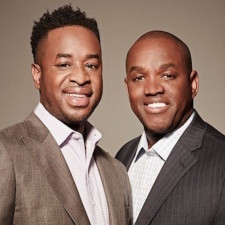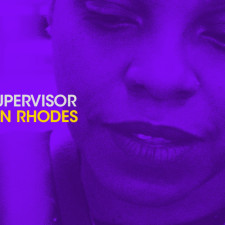Back in January 0f this year I wrote a piece about soprano Alicia Hall Moran’s Motown Project, her intriguing re-visiting of some of the label’s most memorable hits, interspersed with a few opera chestnuts and impressively staged in a performance/theater melodrama. I wrote about the work in the context of “Things to See, Hear, and Read” in 2011. The Motown Project has grown in great directions: she’s nipped, tucked, and added with each of its performed iterations. In other words, Hall Moran has treated it as a running work-in-progress, as a living entity that invites reconfiguration and rethinking. That’s what artists do.
On the first day of Kwanzaa, the Blackberry buzzed in my pocket with a vigorous hot-off-the-press text from the conceptual pianist Jason Moran, Hall Moran’s partner: “Alicia is Bess tonight on Broadway. Many tix available. I have a babysitter and a night out. YES! Come thru if you’re . . . free.” A quick bite and an hour later, I’m in a yellow heading uptown into a shoulder-to-shoulder crush of holiday Time-Squarers for some rare Monday night Broadway (it’s usually closed on Monday). I’ve wanted to catch this musical theater version of the famed all-American opera Porgy and Bess ever since it premiered in Cambridge, Massachusetts back in October. Now in previews on Broadway, more people can see for themselves what has become something of a controversy.
Back in the summertime of 2011 when the living was supposed to be easy, the criticism was jumping and the tensions were high when none other than Stephen Sondheim openly criticized the female creative team of director Diane Paulus, playwright Suzan-Lori Parks, and composer Diedre Murray for revamping the popular 1935 opera for a different forum (Broadway musical theater) and for contemporary sensibilities. Of course, the work has always attracted high praise, strained critique, and endless dialogue on myriad grounds including, the Jewish George Gershwin’s meditation on black culture, ideas of race and opera, and the black singers who have traditionally sung its roles. The past year, for example, witnessed a sustained and engaging conversation about Porgy and Bess on the important web-group the African American Art Song Alliance (founded by the abundantly talented tenor, Dr. Darryl Taylor, a professor at the University of California, Irvine).
While I’ve found some of the lasting contentions surrounding the opera somewhat baffling, this latest—the so-called “audacity” of daring to be creative with it—hard to take seriously. It’s great to present a work—an opera, a symphony, a Duke Ellington recording—as a historical artifact worthy of an attempted replication or as facsimile of the composer’s “intention.” But I also appreciate artistic license: the courage to imagine other possibilities for a work. Whether the work is better or worse off by this repurposing is best left to the judgments of the individual contemplating the matter. This interpretive free-for-all represents a huge part of the pleasure of encountering “the new” or the kind of new, indeed, the theme and variation of it all.
As understudy for the lovely and formidable Tony-Award-winning Audra McDonald (sorry readers, in this writer’s estimation some ladies have earned lots of adjectives!), “Alicia’s Bess” made all of us who dropped everything and grabbed a ticket burst and strut with pride as she shows vocal growth and an expanding sense of “ownership” of the audience’s gaze every time I see her.
This versioning of Porgy, then, is on some levels what American musical culture is all about. How many versions of “Summertime” can one appreciate with its sultry blues-like chord structure? How many African American singers have sustained serious careers after they got their shot in one of the historical productions of this work? Why should this text be deemed more sacred and untouchable than the Motown songs that Hall Moran’s operatic versions pulled in the other direction on the art/pop continuum. (Apparently, part of this tempest in a teapot controversy is high opera’s Porgy slumming around in the tourist trap of “mere” musical theater).
We are all richer when artists force us to think beyond the envelope—even when it feels “peculiar” at first brush. And despite what so-called arbiters of culture might insist, it ain’t necessarily so that some forms, songs, and repertoire are off limits to this “will to version” whether it be a pop song that made your booty shake and America aesthetically integrate or a folk-opera that transformed South Carolina blues culture into an iconic force that was singular in helping to integrate America’s opera stage.
I’m thrilled to see a singer that I know get her shot. I loves you Porgy.
Tags: Alicia Hall Moran, jason moran, Musical Theater, Opera, Porgy and Bess

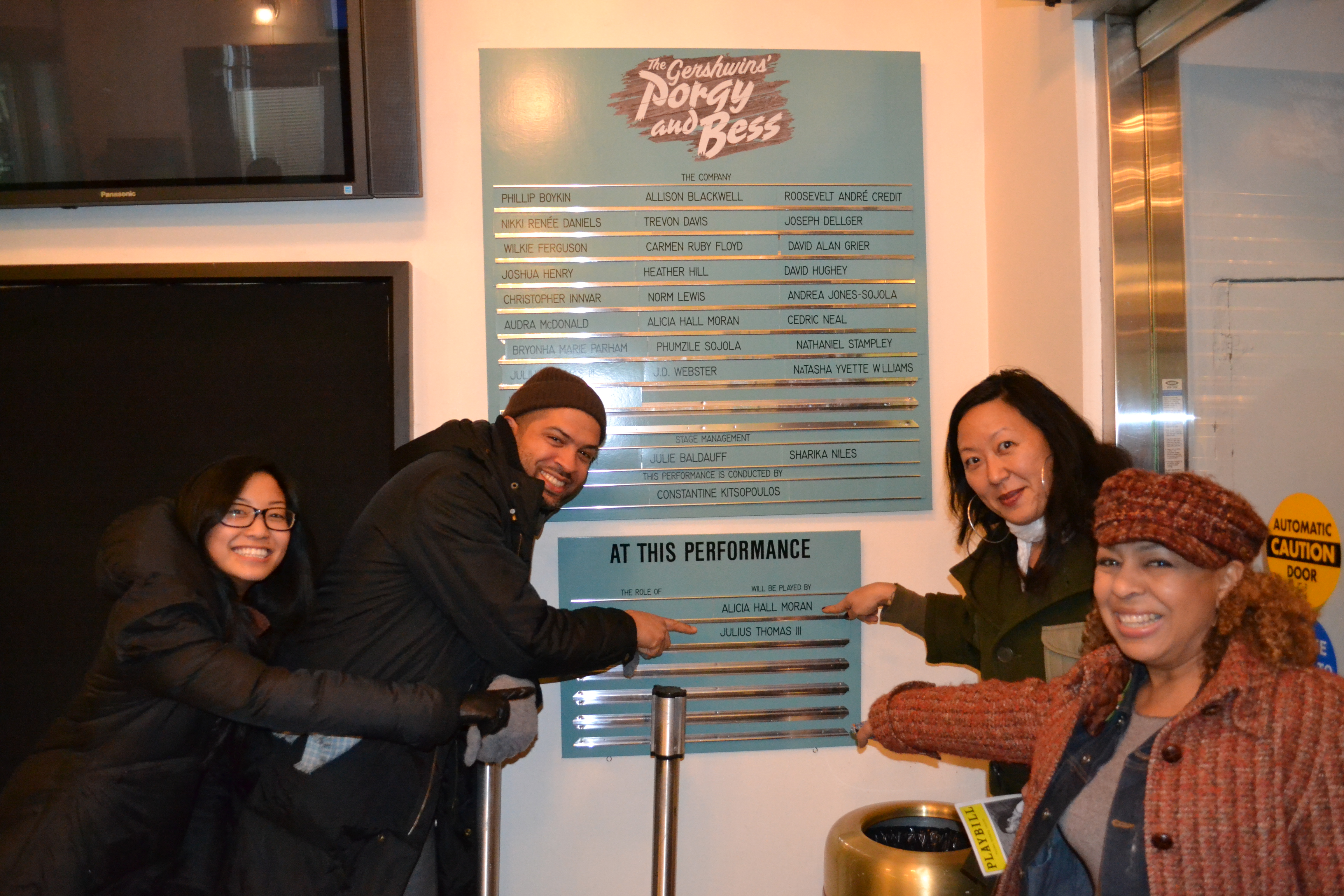
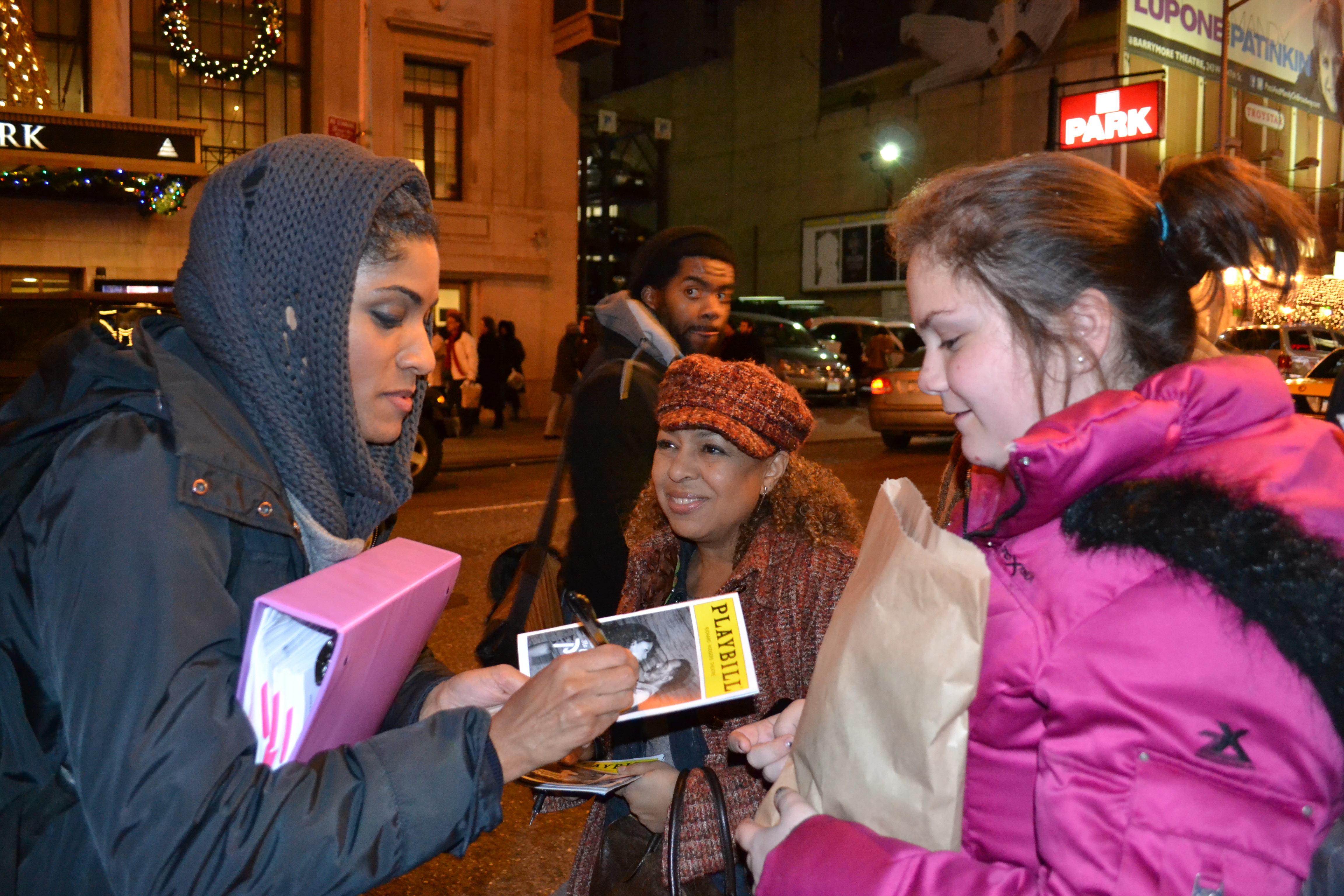
![Miles Davis 1958 Porgy and Bess b[495]](http://musiqology.com/blog/wp-content/uploads/2011/12/miles-davis-1958-porgy-and-bess-b495.jpg)


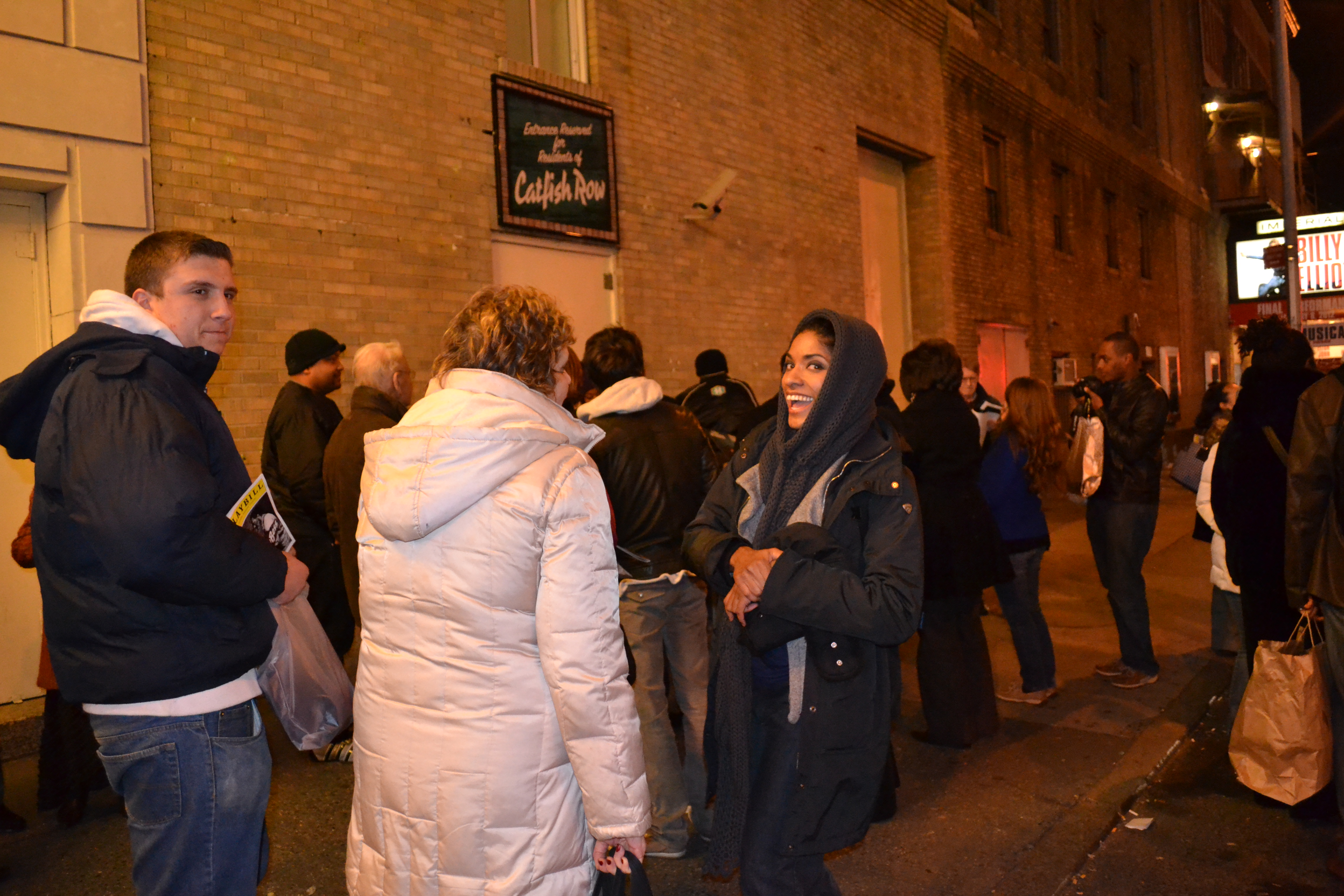
 Share On Facebook
Share On Facebook Tweet It
Tweet It


